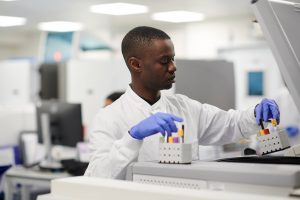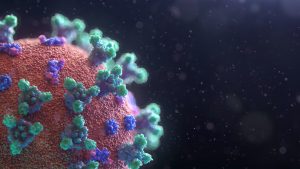A study conducted by the University of Pittsburgh has found that children of long-lived parents have a relatively low risk of developing type 2 diabetes.
Published in the journal of ‘Frontiers in Clinical Diabetes and Healthcare’, the study deduced that children who are born into long-lived families display a stark difference in their blood levels of biomarkers that impact the risk of developing type II diabetes, compared to their peers.
The study also reveals that the spouses the children end up marrying in their later years might also possess the lifespan-boosting biomarker levels, even if the spouses were not inherently born to long-lived parents. This simply means that good biomarker levels are not always inherited biologically, but one can acquire them if one marries the right partner.
“While this latter finding may not be intuitive, also previous studies have reported marked survival and health advantages among spouses to offspring of long-lived families,” said Professor Iva Miljkovic, the lead author of the study.
Also Read: Adolescents consuming ultra-processed meals at risk of obesity: Study
The researchers of the study examined the health of 4,559 long-lived (above 90 years of age at enrollment) men and women, 1,445 of their siblings (above 80 years), 2,329 children (between 32 and 88 years old) and 785 of those children’s spouses.
After comparing the health traits of the enrolled participants of the study with a random sample size from the population, the researchers observed that among the children and their spouses, 3.7% and 3.8% respectively developed type II diabetes between the course of the study. This figure is about 53% less than the rate among the general populace in the United States.
Also Read: Study reveals where you live affect dementia risk
“We found that pro-inflammatory and growth-factor-signalling biomarkers seem to have stronger positive and negative effects on the risk of diabetes in the spouses of offspring of exceptional survivors than in those offspring themselves. This suggests that different biological risk factors affect this risk in the two groups,” said Miljkovic.
Elucidating how spouses tend to resemble the biomarker blood levels of their partners, Miljkovic said that many people unconsciously choose partners that match their genetic makeup.
Also Read: Long COVID: Eye problems, dementia and weight loss common among recovered patients
“It’s also possible that people unconsciously tend to pick their partners through so-called “assortative mating” – that is, tending to match their phenotypes and the underlying genotypes. Including those that affect diabetes risk and longevity,” she explained.






